With over 14% of Americans regularly using CBD, it has become a recognized part of a mainstream daily wellness routine.
Aside from CBD, many people are also looking for ways to support cognitive function and often use nootropics to help them gain an edge. You may have experienced the positive mental benefits of CBD and wondered, is CBD a nootropic?
Below we’ll discuss how CBD interacts with these receptors and neurons in your brain to support healthy brain function. First, let’s break down what a nootropic is and how nootropics impact brain function.
What Is a Nootropic?
Nootropics are compounds or substances that support cognitive ability or support healthy brain function. You may have heard them called “cognition enhancers.”
The term is relatively new, only identified in 1972, and its classification has changed over the years. In the past, it used to take very specific criteria for anything to be called a nootropic. However, as time has passed, more and more substances have been identified as nootropics. Today, if a substance is called a nootropic the manufacturer is claiming that there is a positive impact on your brain.
Whether or not these claims are true, researching on your own to determine the safety and effectiveness of the supplement or compound you are planning to take is a good idea. The FDA does not closely regulate nootropic supplements the way it does prescription drugs.
You won’t get superhuman powers by taking a nootropic, but it will have a few key benefits that can help improve your quality of life.
When people take a nootropic they generally sort nootropics into different categories, by benefit:
- Improve attention and focus
- Support a balanced mood
- Help improve mental performance by managing stress
- Support healthy sleep
You can take nootropics for a variety of different health benefits, but we’ll focus on the aspects of stress and mood support.
What Makes a Substance a Nootropic?
For a compound to meet the guidelines of a nootropic, it must have a few key features:
- It safely supports the body.
- It supports cognitive performance. These types of enhancements can include memory, motivation, focus, and stress management.
- This improvement happens through increasing the availability of neurotransmitters, hormones, increasing O2 delivery, or stimulating neural activity.
Nootropics can be food, supplements, drugs, or other natural substances. They exist both as prescription and nonprescription substances. Nootropics can also either be man-made or exist naturally.
A lot of people use nootropics daily without knowing it. Caffeine in your daily cup of coffee is a great example! Caffeine is a nootropic that improves alertness and focus.
Some nootropics are more well known than others. Some examples of other common natural nootropics include ginseng, green tea, and L-theanine, as well as ginkgo biloba. Many natural nootropics are proven to boost brain function while at the same time making the brain healthier.
Is CBD a Nootropic for the Brain?
The benefits of taking CBD include the potential to support brain function. While research is still ongoing, CBD interacts with and influences many different receptors and neurons found in the brain.
People take CBD for a variety of different reasons, including as part of a regular wellness routine and support for different body functions. One of the most common reasons people use CBD is to support mood and help manage stress.
How Do Nootropics Work?
You may wonder how nootropics work. There are many different potential benefits of taking nootropics, and each substance interacts with the brain differently. However, looking at how the brain interacts with the rest of the body can highlight a few general benefits.
Your brain only makes up 3% of your body weight but receives around 15% of your total blood supply and oxygen. Many nootropics are known for increasing blood circulation to the brain and, as a result, providing additional energy and oxygen to the brain.
While research on CBD and its complex relationship with the brain is ongoing, evidence suggests CBD could be one of the best nootropics in existence.
Oftentimes you will find several nootropics combined to create a desired synergistic effect. For instance, combining caffeine with CBD provides the focus of caffeine and the feeling of calm and relaxation.
Before we get into the specifics of how CBD acts as a nootropic for the brain, it’s important to understand how the endocannabinoid system and the brain interact and work together to promote your health.
The Endocannabinoid System and the Brain
To understand the full impact of CBD on your brain, laying down the framework of the endocannabinoid system (ECS) and your brain is vital. A lot of times when you hear or read about CBD, the endocannabinoid system is front and center. When you think about how CBD interacts with your ECS, the brain is a key aspect of this interaction.
CBD is a cannabinoid and interacts mainly with the endocannabinoid system, which is a network of receptors found throughout your body. Your ECS acts as a bridge between your body and mind, keeping your body in balance, or homeostasis.
CBD is just one of many different types of cannabinoids that interact with your ECS. There are over 100 compounds found in the hemp plant, but many of these comprise very small percentages of the plant. CBD accounts for 40% of the hemp plant’s extract, second only to THC.
The ECS modulates most functions within your body to support your overall health. By impacting the ECS, cannabinoids like CBD can help support your body in homeostasis.
Your brain is impacted in many vital ways through the ECS and the connection to your central nervous system. The three major components of the ECS are:
- Cannabinoid receptors
- Enzymes
- Endocannabinoids
CBD contains chemicals that naturally imitate the ECS messengers and bind to the same receptors. In this way, CBD supports homeostasis by facilitating communication between different types of cells.
The cannabinoid receptors in your endocannabinoid system are found throughout your body, including your brain. They are known as CB1 and CB2 receptors.
- CB1 receptors are found through the central nervous system. They are found mainly in the brain, spinal cord, and peripheral nervous system.
- CB2 receptors are associated with your immune system and are found mainly on immune cells.
Cannabinoids interact with your body through receptors both directly and indirectly. While these receptors are found throughout your body, CBD interacts with receptors in many different parts of your brain. For more information on how CBD indirectly influences CB1 receptors, read our article on How CBD Works in the Brain.
Areas of the Brain Impacted by CBD
CBD meets the criteria of a nootropic that is both safe and also supports cognitive performance. In addition to the ECS receptors, CBD has been shown to impact the following areas of the brain through interaction with various neurons and receptors:
- Hippocampus
- Prefrontal cortex
- Amygdala
- Hypothalamus
Hippocampus
Both the hippocampus and prefrontal cortex portions of the brain are especially sensitive to stress, which explains why CBD can help support mood regulation and stress management. The hippocampus is responsible for memory storage, and stress can wreak havoc.
CBD may increase blood flow to both the hippocampus and prefrontal cortex, supporting mood regulation and stress reduction.
When you use CBD, the hippocampus is one of the areas of the brain impacted most as the highest levels of binding of cannabinoid receptors are associated with the hippocampus; this supports the brain’s natural response to stress.
Prefrontal Cortex
The prefrontal cortex regulates behavior, thought, and emotions. The prefrontal cortex is also used for planning and decision making. Stress can weaken the ability of the prefrontal cortex to perform its job over time.
As CBD may increase blood flow to the prefrontal cortex, this potentially helps manage the effects of stress and support mental clarity when it comes to decision making.
Amygdala
The amygdala plays an important role in emotion and behavior. It is sometimes referred to as the fear center of the brain and plays an important role in keeping you safe. This part of your brain provides the physical response in the “fight or flight” response within your body. The amygdala also has very high levels of CB1 receptors.
Stress can cause higher levels of fear and activity within the amygdala. CBD can help manage the signaling between the amygdala and prefrontal cortex, reducing stress levels and the amygdala’s “fight or flight” response.
Hypothalamus
The hypothalamus is a tiny portion of the brain that plays a huge role in homeostasis. The hypothalamus regulates many different key body functions, including:
- Body temperature
- Thirst and appetite control
- Emotions
- Sleep cycles
- Libido
- Blood pressure and heart rate
The hypothalamus receives alert signals from other parts of the brain and responds to them, sending out signals to your body to react. When it comes to stress, the hypothalamus sends out the signal to be on high alert.
CBD can help regulate any stress placed on the hypothalamus by activating serotonin and regulating distress signals, which we discuss more below.
Now that we’ve broken down how CBD impacts different parts of the brain, let’s look at one of the major nootropic benefits of using CBD: stress relief.
Where Does Stress Come From?
You may have heard of the “fight or flight” response. The idea is that when you encounter something dangerous or threatening, your body reacts and you either face the threat directly or run away.
Stress is the mental and physical state that we feel when we experience something threatening. Prior to the modern age, this may have been triggered during an encounter with a predator in nature.
Nowadays, many different life events cause stress. Stress can be both short-term (arguing with someone you love) or long-term (a demanding job or long-term illness).
While stress used to play a much larger part in our basic survival, times have changed. Now, instead of facing occasional situations of “fight or flight” situations, many people experience large amounts of stress constantly.
The Impact of Stress on Your Brain
When you begin to experience stress, this leads to a chain reaction that can impair your health, especially over the long term. What exactly happens in your brain when you experience one of these stressful events?
- You feel a stressful event.
- Your amygdala sends a distress signal to the hypothalamus. The amygdala is the part of the brain responsible for detecting anything dangerous or scary in your environment.
- Your hypothalamus acts as a command center and communicates a message of “fight or flight” throughout your body via your central nervous system. This includes involuntary functions like breathing, blood pressure, and heartbeat.
- The hypothalamus then activates the second component of the stress response system, which includes the pituitary gland and adrenal glands. The hypothalamus releases hormones, which cause a chain reaction that results in the adrenal glands producing cortisol.
- Cortisol keeps the body on high alert.
The buildup of cortisol in the brain can lead to long-term health problems. When you experience chronic stress, the body produces more cortisol than it can get rid of. High levels of cortisol can impair brain function.
CBD may help reduce cortisol by lowering your body’s physical response to stress through its interaction with the ECS and different areas of the brain. This includes the positive impacts on the chemicals and neurons within your brain.
There are several different neurons within the brain that are impacted by CBD. Research has linked both serotonin and dopamine to CBD. When your brain deals with constant stress, it loses the ability to maintain the required hormones and neurotransmitters, like serotonin and dopamine. CBD helps you manage stress by promoting healthy neuron and chemical levels.
The Nootropic Benefits of CBD
The Stress Relieving Impact of CBD on Serotonin
Created in the brain, serotonin is a naturally occurring substance that carries signals between nerve cells throughout your body. Serotonin plays an important role in our everyday lives regulating mood, social behavior, memory, sleep and stress. Serotonin is closely linked to our overall sense of well-being.
Although serotonin performs a lot of different functions throughout your body, it became famous for its ability to give us that natural “feel-good” feeling.
CBD is known to activate the 5-HT1A serotonin receptor. 5-HT1A is a serotonin neurotransmitter, part of the 5-HT receptor family.
So How Does Serotonin Work?
Serotonin can bind to receptors, like CB1. Unlike CBD which has an indirect effect on CB1 receptors, serotonin has a direct effect. When this binding action happens, serotonin can cause one of two things to happen:
- A message between cells can be sent, also called an excitatory message.
- A message between cells can be blocked, also called an inhibitory message.
These messages promote homeostasis, enabling the brain to regulate the body.
CBD is believed to have positive effects on serotonin receptors in the brain. Although CBD does not change serotonin levels in the brain, it improves how your brain’s receptors respond to serotonin that is already in your system. This process helps your body maintain balance and homeostasis, calming your mind and reducing stress through the feel-good feeling serotonin is known for.
Since CBD is known to activate serotonin receptors, there is a lot of different research supporting CBD’s potential to support mental health. However, more research is needed before there are specific clinical applications.
CBD can support stress relief and promote positivity by increasing the effectiveness of the serotonin in your brain.
CBD and Adenosine
Neuroprotective effects of CBD in hypoxic-ischemic brain damage involve adenosine A2 receptors. CBD activation of adenosine receptors can enhance adenosine signaling.
What is Adenosine?
Adenosine supports a healthy sleep. Adenosine is a byproduct of the body using energy to keep bodily functions working. The more energy consumed, the more adenosine produced. You’ll generate adenosine in the brain when you focus for long periods or spend a long time awake without rest.
Adenosine’s purpose is to act as an inhibitor. Adenosine promotes sleep and rest and depresses your Central Nervous System. It is an important molecule to signal to your body that you need rest and recovery! The more adenosine you produce, the more your body is told that it needs to sleep and rebuild energy reserves.
Just like serotonin, adenosine has receptors that send (A2 receptors) and block a message (A1 receptors). Increased adenosine helps your brain get into a deep recovery sleep to rebuild. CBD helps to activate adenosine receptors and promote stress management and sleep support.
Specifically, adenosine can also reduce oxidative stress through its A2 receptors. CBD has been shown to activate A2 receptors to help prevent oxidative stress.
CBD and Dopamine
Dopamine is another feel-good neurotransmitter. It is a chemical that transmits signals between the nerve cells, or neurons, of the brain.
Dopamine is made in two main areas of the brain: the substantia nigra and the ventral tegmental. These two tiny areas send a signal when you experience something positive that helps change behavior. In this way, dopamine acts as a behavior reinforcement.
Dopamine also helps give you focus. Anything that your brain deems worth spending time on will naturally receive more attention and focus.
CBD does not act directly on dopamine receptors; however, it does activate adenosine receptors. So by using CBD you are indirectly promoting dopamine production through adenosine receptors, which help to raise dopamine levels.
Since CBD is a nootropic without a high, your brain does not experience the reward that it would receive from THC and other drugs. This fact makes it unlikely that you will experience the typical withdrawal or addiction that you may associate with other addictive compounds.
CBD’s Role in Combating Oxidative Stress
CBD promotes brain health and stress relief through its ability to regulate signals sent throughout the brain. Additional benefits include protecting brain cells from the damage of oxidative stress.
Oxidative stress is simply an imbalance in your body. When you deal with oxidative stress, your body contains more free radicals than antioxidants.
If there are too many free radicals in your body, they have the potential to wreak havoc. These free radical molecules can easily interact with other molecules because they have an extra electron. The ability to easily interact with other molecules allows free radicals to cause chain reactions in your body.
Normally these chain reactions are perfectly healthy, as free radicals can help fight off pathogens. However, when there aren’t enough antioxidants to keep the free radicals in check, free radicals can damage the tissues in your body. This can cause a variety of different health issues, including aging.
By interrupting chains of free radicals, CBD has demonstrated antioxidant properties, protecting lipids and proteins within cells. CBD interacts with the free radical chains and makes free radicals less active, managing oxidative stress and limiting chain reactions within the body.
Is CBD a Safe Nootropic for the Brain?
If you are looking for beneficial and stress-relieving effects of a nootropic without the high of THC, CBD may be the answer for you. However, there’s a lot of misinformation and misplaced skepticism surrounding CBD. The main reason many people don’t use CBD is because of safety concerns.
In a 2017 review, the World Health Organization concluded that natural CBD is generally safe. There are no known incidences of illness caused by using CBD oil. Some people can be sensitive to CBD, but these sensitivities are unlikely with the dosage available in Joy Organics products, with most people staying below doses of 50mg.
Some people associate hemp with marijuana and THC because they both fall under the cannabis umbrella. It’s always a good idea to know what you are putting into your body, and Joy Organics is committed to transparency. Using CBD with 0.0% THC is key to using CBD as a nootropic for the brain.
The Difference between CBD and THC
Both CBD and THC are cannabinoids and have the potential to benefit the body and mind. THC activates receptors in the brain that give you a high feeling. However, unlike THC, CBD has no psychoactive properties and is a non-intoxicating cannabinoid, thus allowing the positive benefits of the nootropic without the high.
Our recommendation is to use natural CBD products over synthetic products. The market is not well regulated and many readily-available products are made with synthetic CBD. Synthetic CBD is not the same as the natural compound derived from hemp. At Joy Organics, we are proud of our premium grade natural CBD oil.
Looking at additives is another important aspect. When choosing a CBD product, keeping contaminants in mind is a good idea. Look for brand transparency and readily-available lab test results.. At Joy Organics, all of our products undergo rigorous testing to guarantee they are free of potential contaminants.
How to Use CBD as a Nootropic for the Brain
Beginning any new wellness routine can be confusing. You may not know the best product to take or how much to take. With CBD, it’s a good idea to start small and increase the amount over time as needed.
Many people start by taking 5mg or 10mg and increasing the amount slowly to find out what works best for them.
How do you know when to stop increasing your amount? A good indicator of when you’ve taken the perfect amount is when results begin diminishing beyond that amount, or you don’t notice any change in the results by taking a higher amount.
Some of the concerns surrounding nootropics include developing a tolerance over time, or going through withdrawal once a person decides to stop taking the nootropic.
Taking a controlled amount of CBD is a safe way to try it out and experience the beneficial effects. Although there is little research on developing tolerance, there are little to no symptoms of withdrawal when it comes to CBD.
Cycling
Some people experiment with cycling. This involves taking a nootropic for a predetermined period before taking a short break to give the body and brain time off. Most of the time this cycle looks like five days on and two or three days off, but it is up to personal preference.
Nootropics are often taken for their long-term effects. You may see a more noticeable positive benefit by taking CBD over an extended period, supporting cognitive function.
Goals could include reducing stress or supporting mood and focus. It’s a great idea to check in with yourself daily and focus on your mindfulness. Promoting mindfulness in your daily life will help you determine how CBD is working for you as a nootropic.
Stacking CBD with Additional Nootropics
CBD is a helpful nootropic on its own, but you may also pair CBD with other nootropics. So, now that you understand the potential nootropic benefits of CBD, what are some options for using and stacking CBD?
Here are a few different options if you are looking to combine CBD with additional nootropics for optimal results.
CBD and Caffeine
Combining caffeine with CBD can help you focus and give you clarity without the jitters you may feel with the caffeine alone. CBD’s relaxing effects can help moderate the stimulating effects of caffeine.
CBD and Melatonin
Since melatonin has calming effects and supports sleep, it’s known as a phase re-setter. Combining the nootropic effects of both CBD and Melatonin is a great way to help manage stress and support restful sleep.
CBD and Curcumin
Stacking CBD and Curcumin together can have very therapeutic effects. Curcumin supports joint health. It also helps you manage oxidative stress, which can negatively impact the neurons in your brain and overall brain health.
Supporting Your CBD Nootropic Search
The neurological effects of CBD are complex, and still being researched. CBD’s nootropic interaction with different receptors in the brain is the source of its beneficial potential. As research continues, scientists will continue to unlock the complex relationship that CBD has with the brain.
CBD can be used for a variety of benefits, but it is a great option to be used as a nootropic. CBD offers general wellness and stress-managing benefits. When it comes to any nootropics, above all listen to your body. Joy Organics offers radical transparency and the highest quality broad spectrum CBD oil products, all with no detectable THC. You can try any Joy Organics CBD product as a nootropic and know you are in good hands as you search for the right product.




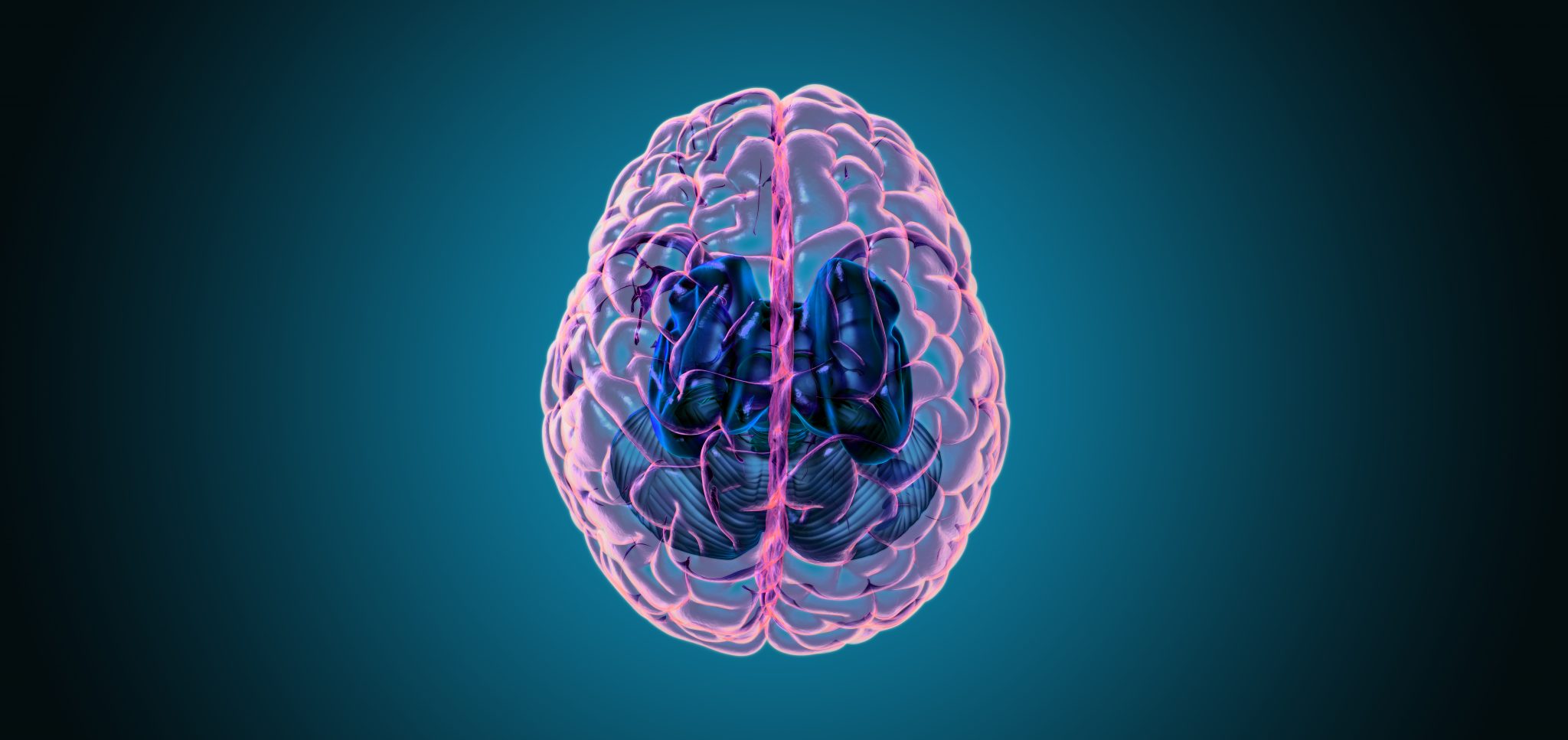



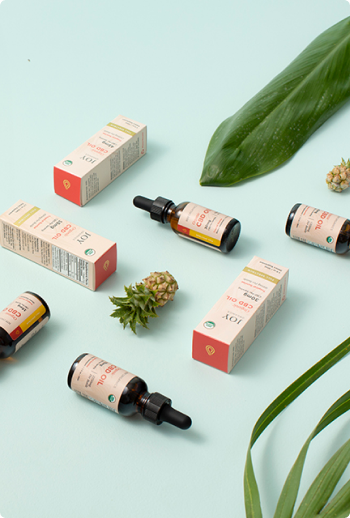
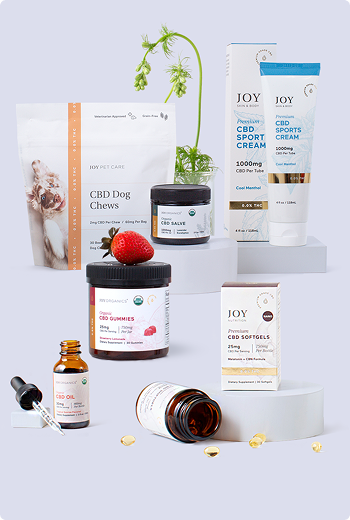
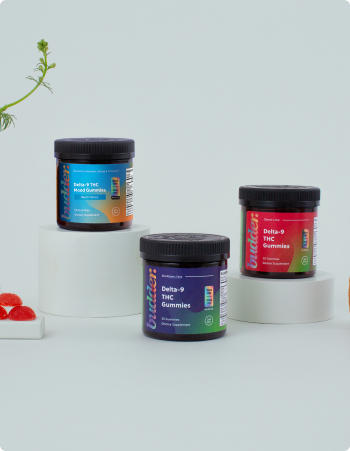





















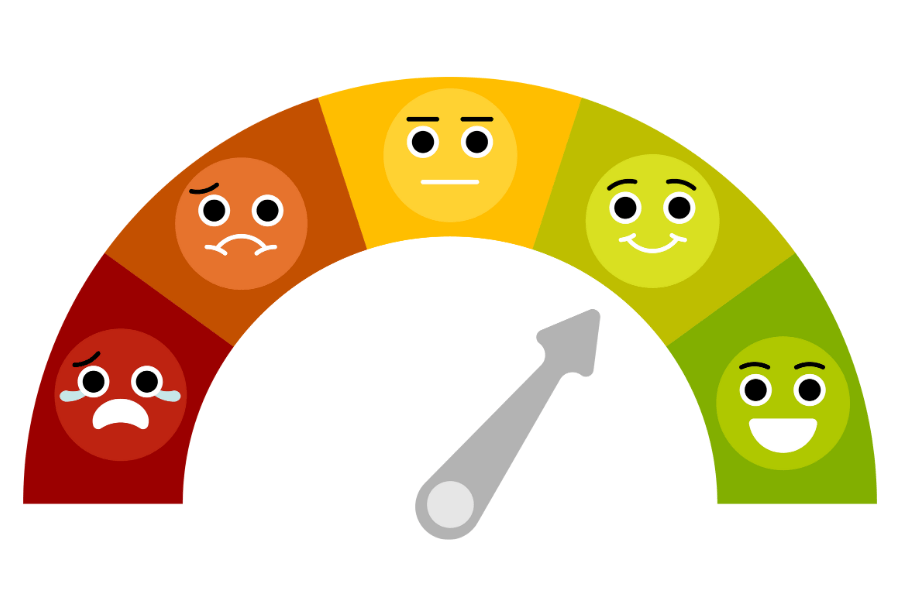
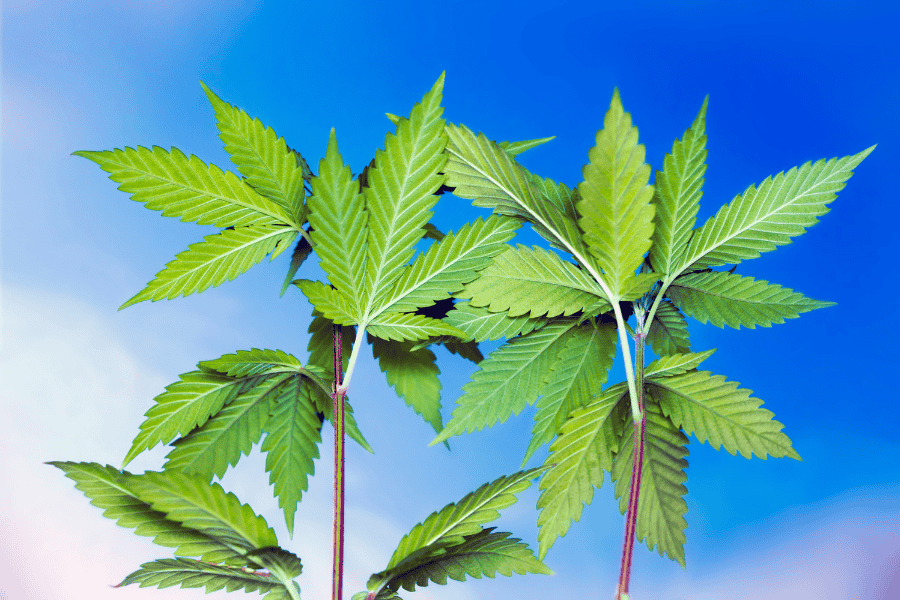


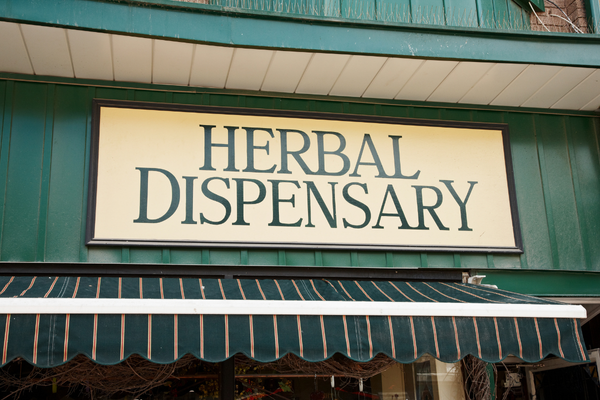



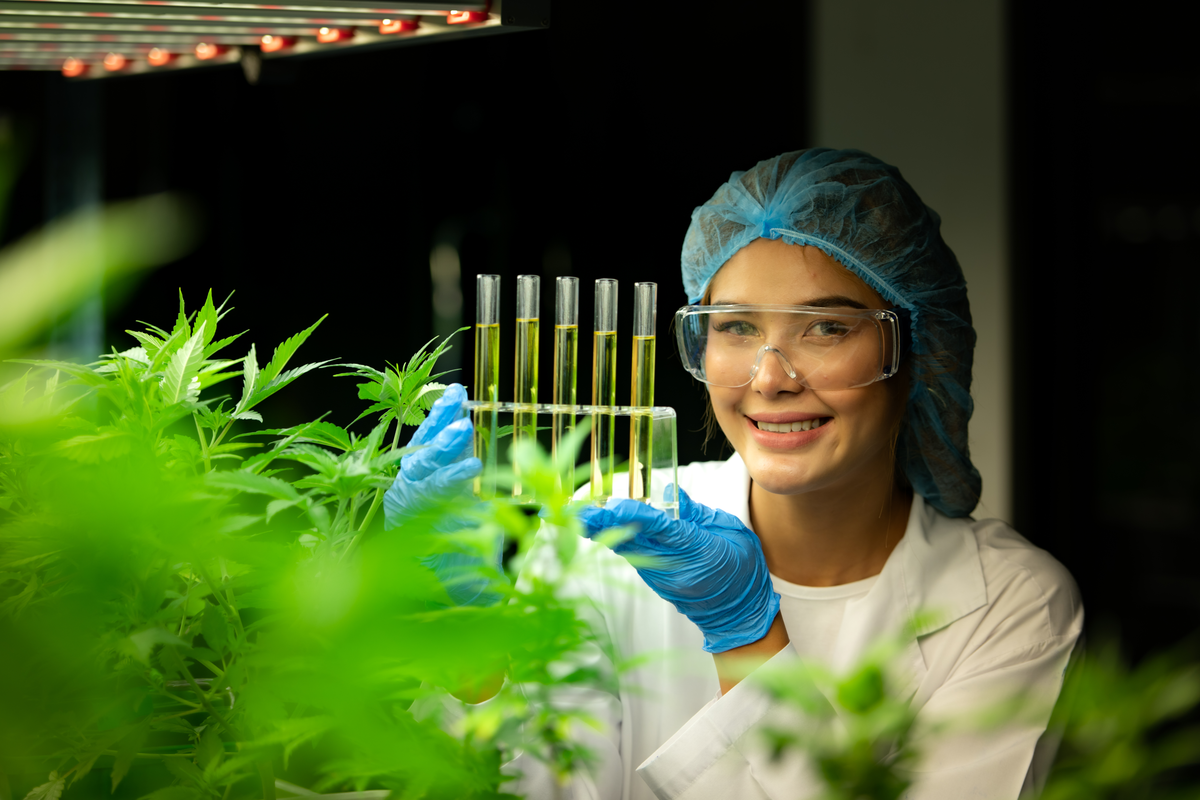

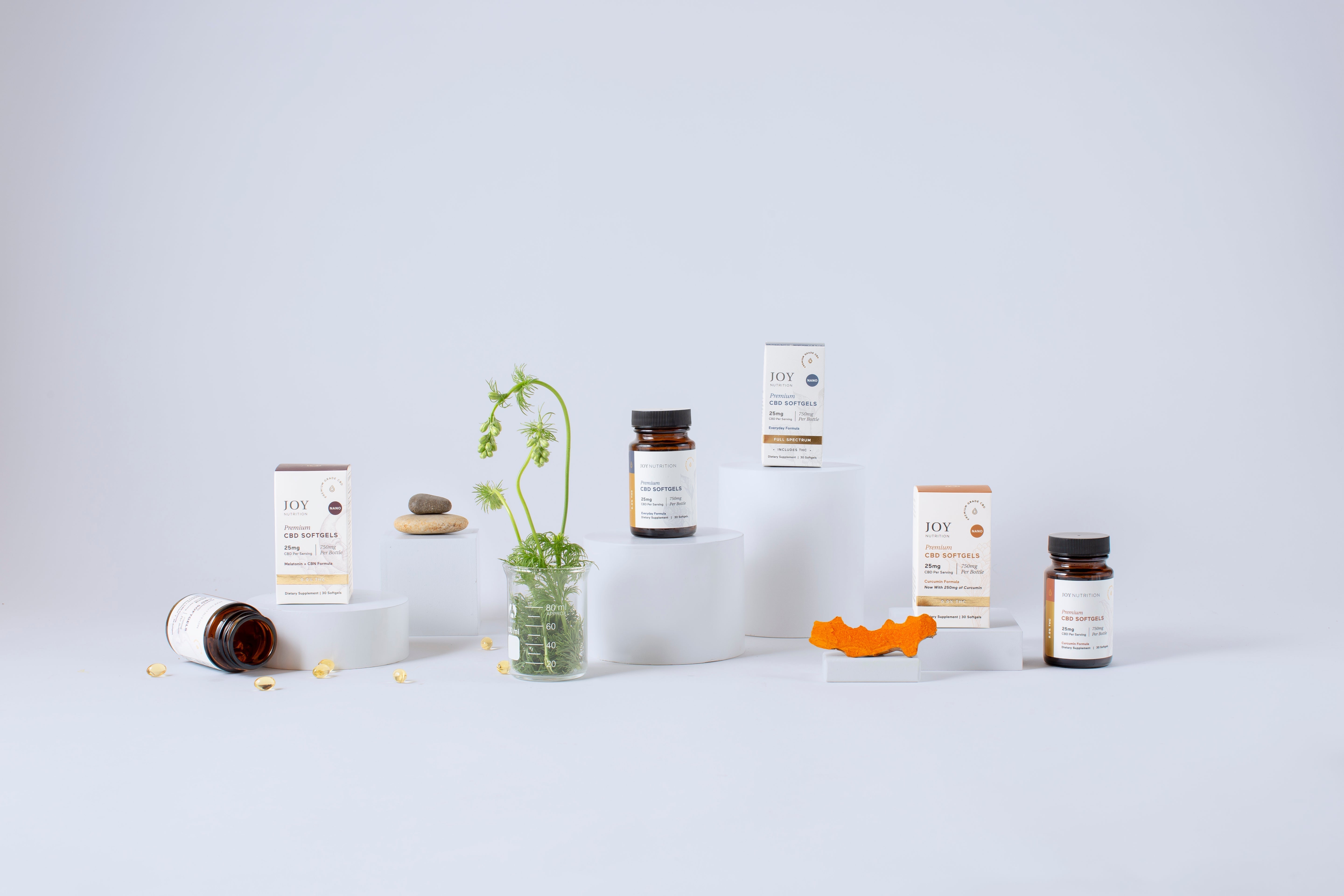



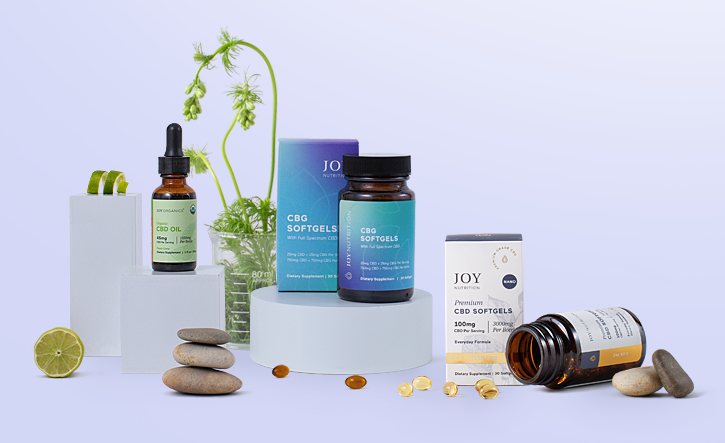





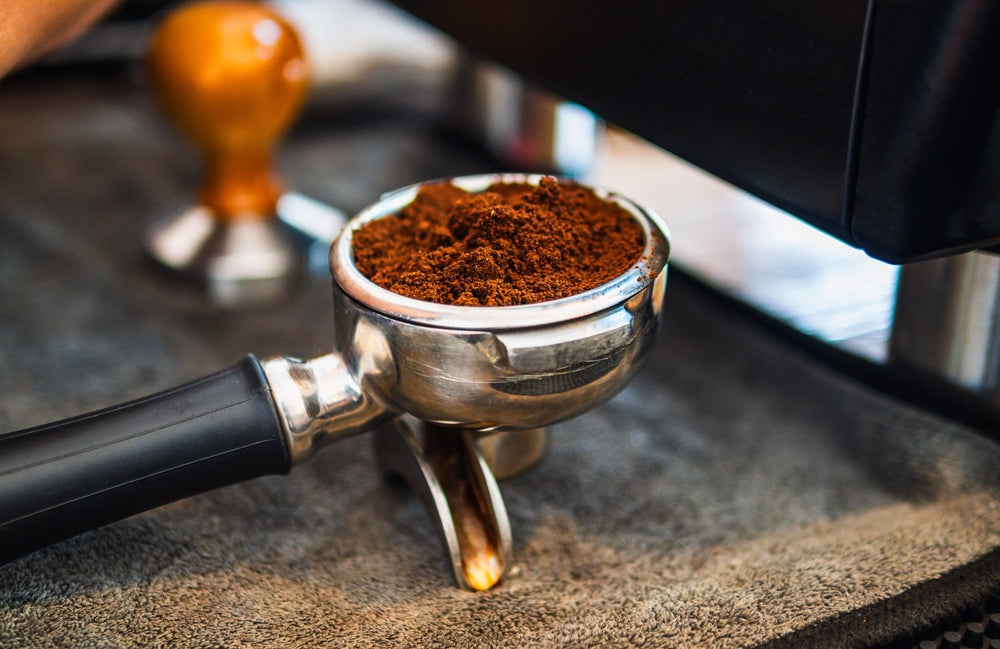

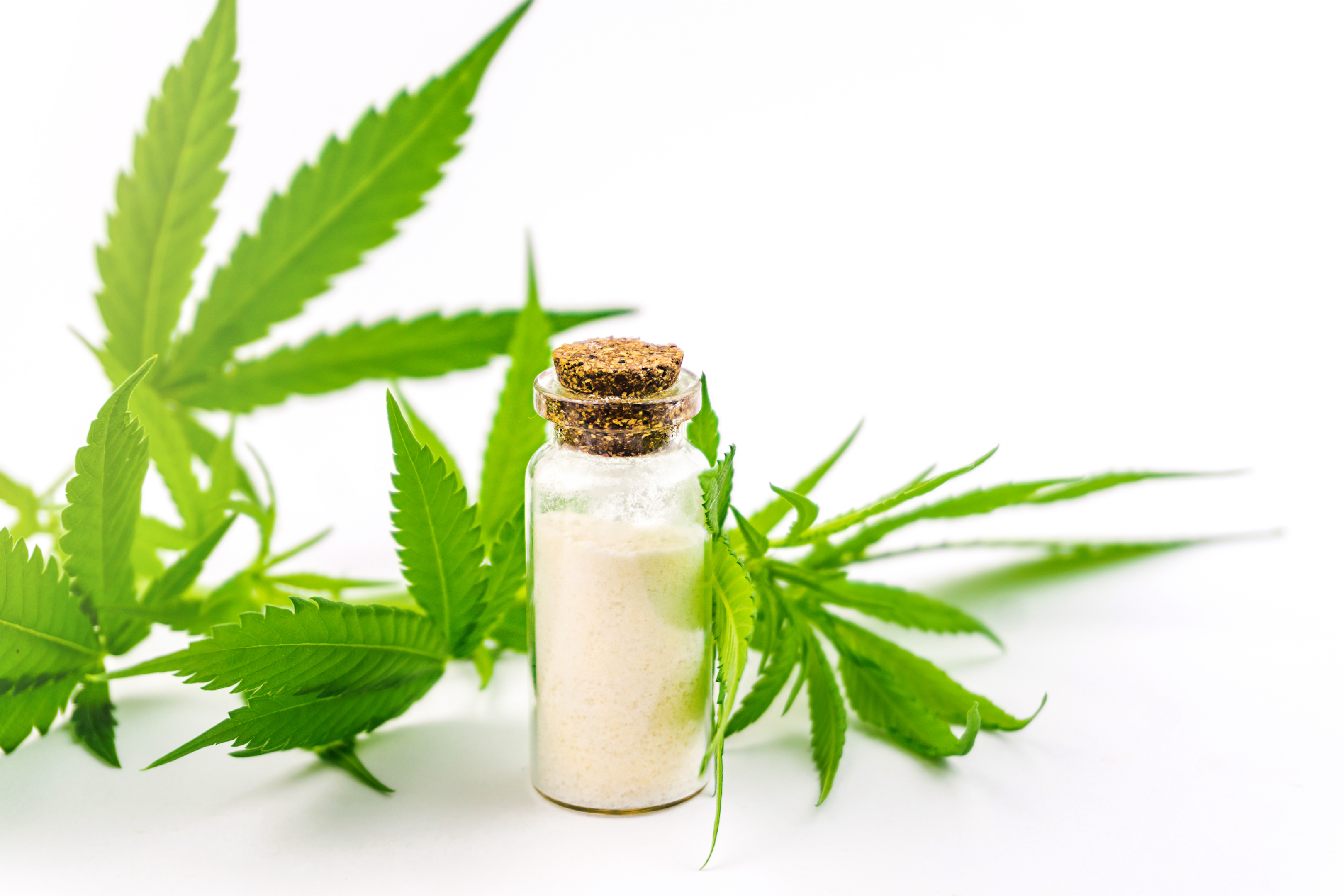

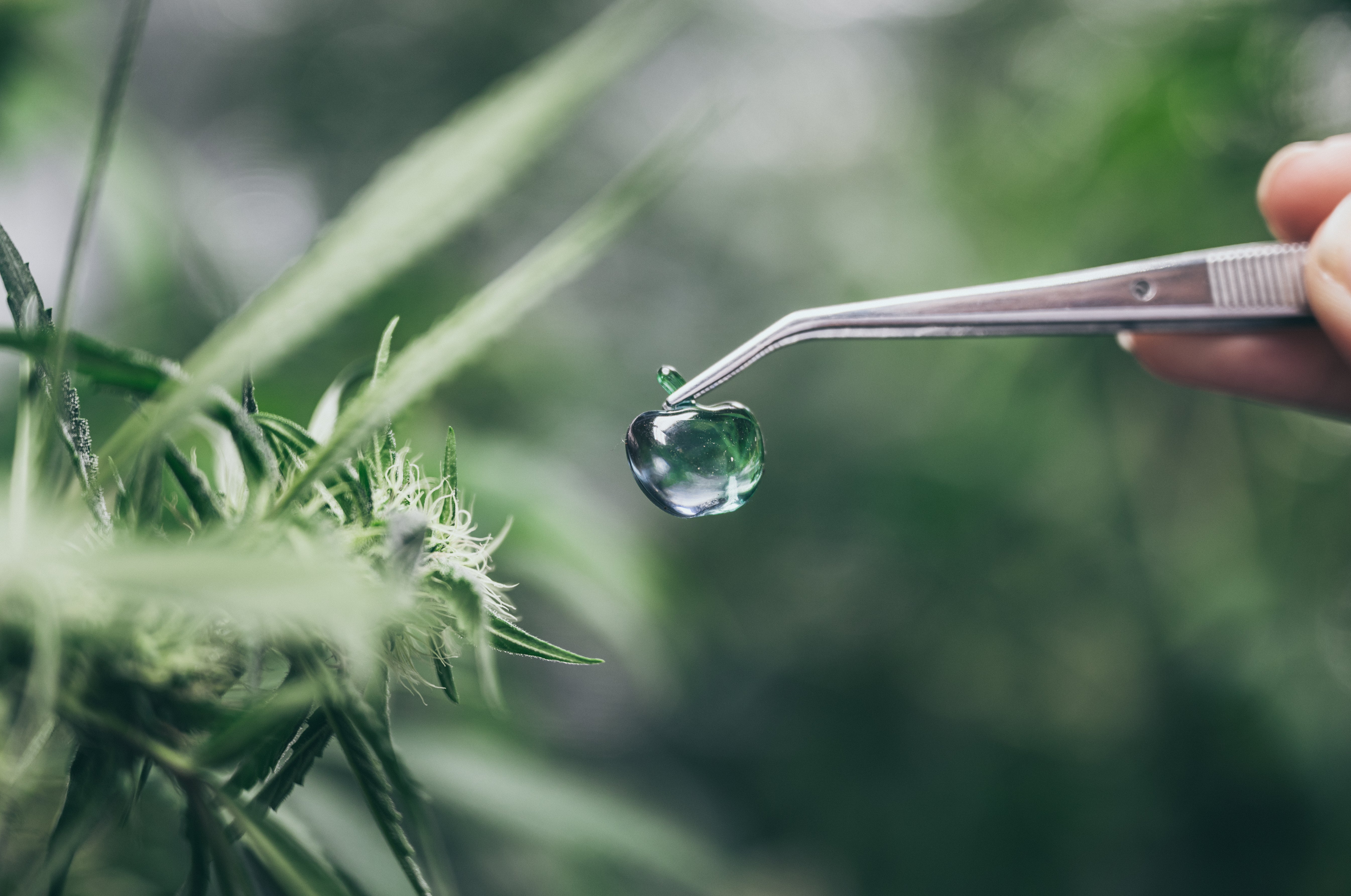
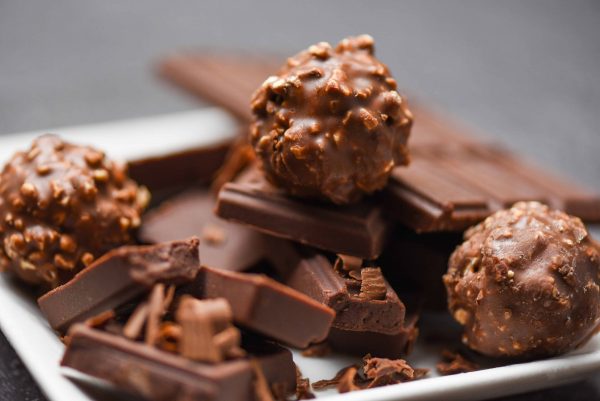
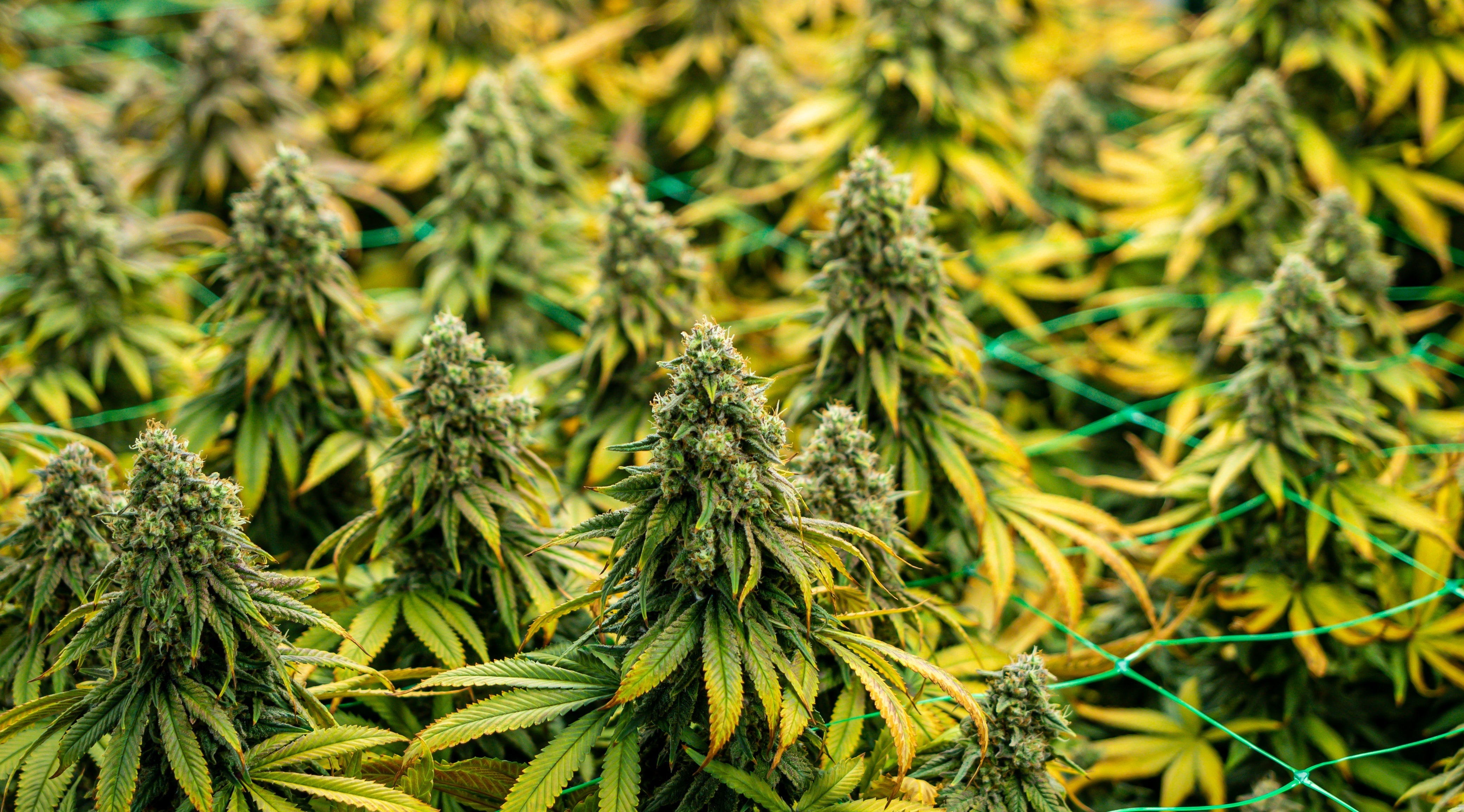
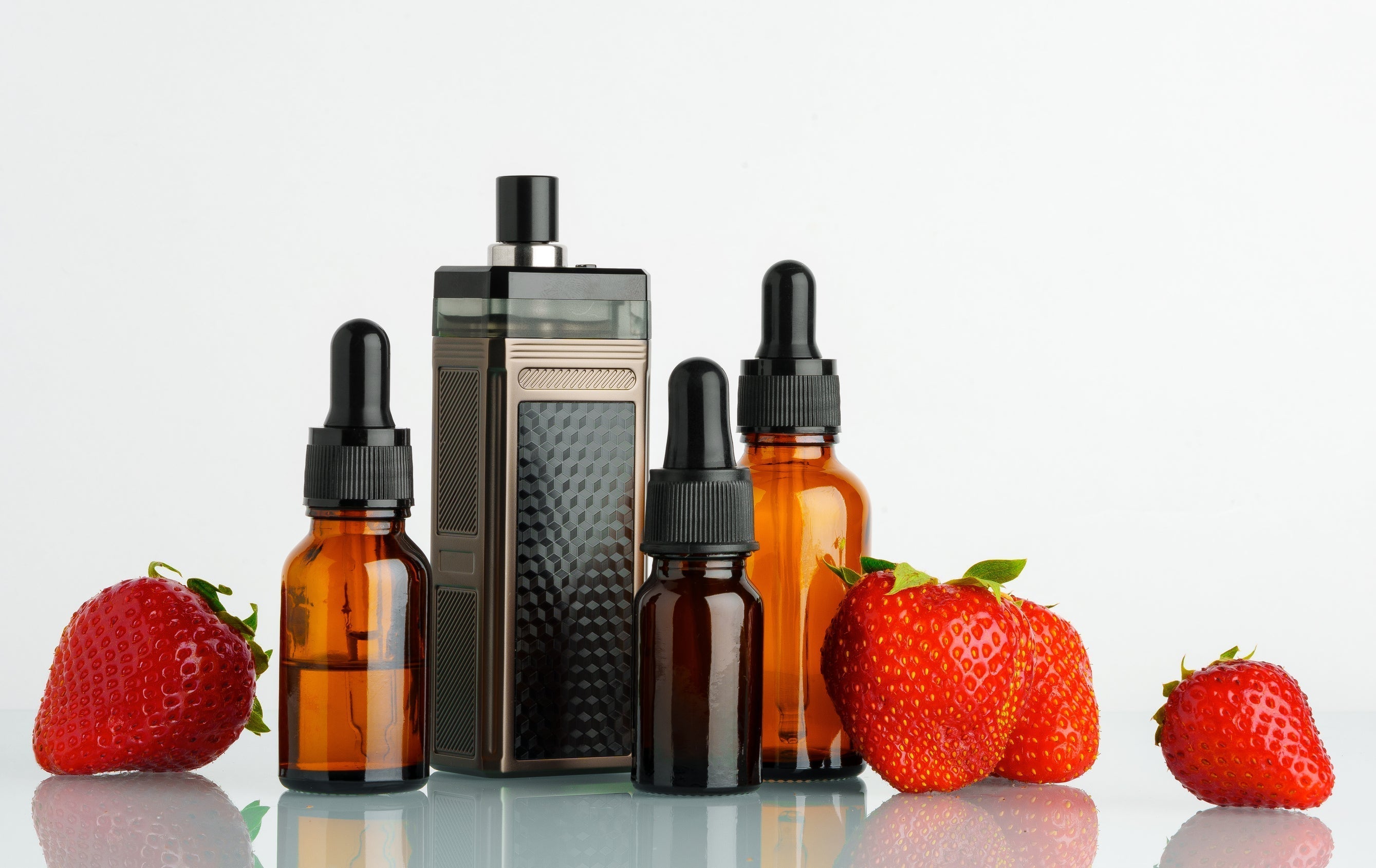
Join in on the Conversation
Your email address will not be published. Once your comment is approved, it will be published.